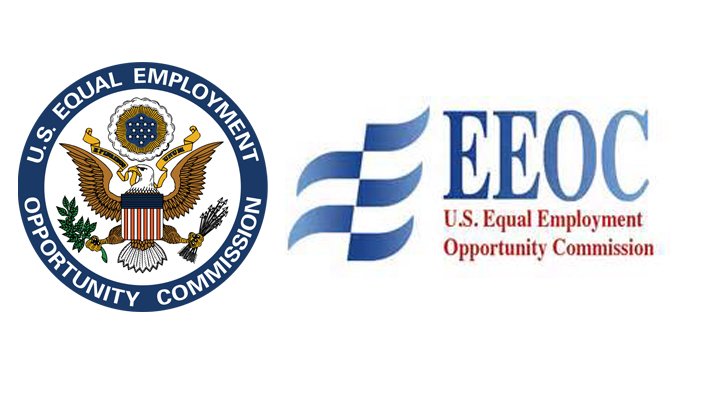AI’s impact on workplace dynamics
The integration of artificial intelligence (AI) into the workplace has become a prominent and controversial subject, raising concerns beyond intellectual property issues. Employers are now faced with understanding the implications of AI integration.
At the beginning of 2023, the U.S. Equal Employment Opportunity Commission (EEOC) expressed its intention to explore ways to help employers benefit from new technology while upholding their mission of safeguarding workers’ civil rights. During a hearing on January 31, the agency’s leader reiterated the EEOC’s apprehensions about the potential replication of oppressive systems through AI’s influence on talent cycles. Prior to the hearing, the Justice Department and the EEOC jointly raised concerns about how the use of AI and machine learning might infringe upon the rights of workers protected by the Americans with Disabilities Act.
New York City, known for its continuous pursuit of talent acquisition best practices, has taken legislative action to limit the use of AI in talent acquisition processes due to the same concerns raised by the EEOC: bias. In response, Dice.com, a leading tech job recruiting platform, reached an agreement with the agency in March 2023 to utilize AI specifically for identifying and eliminating bias.
As AI continues to shape the future of work, it brings forth new ethical challenges, compliance complexities, and obstacles in achieving diverse hiring practices. Human resources professionals should remain updated on the current state of AI at work and be prepared for these emerging issues.





